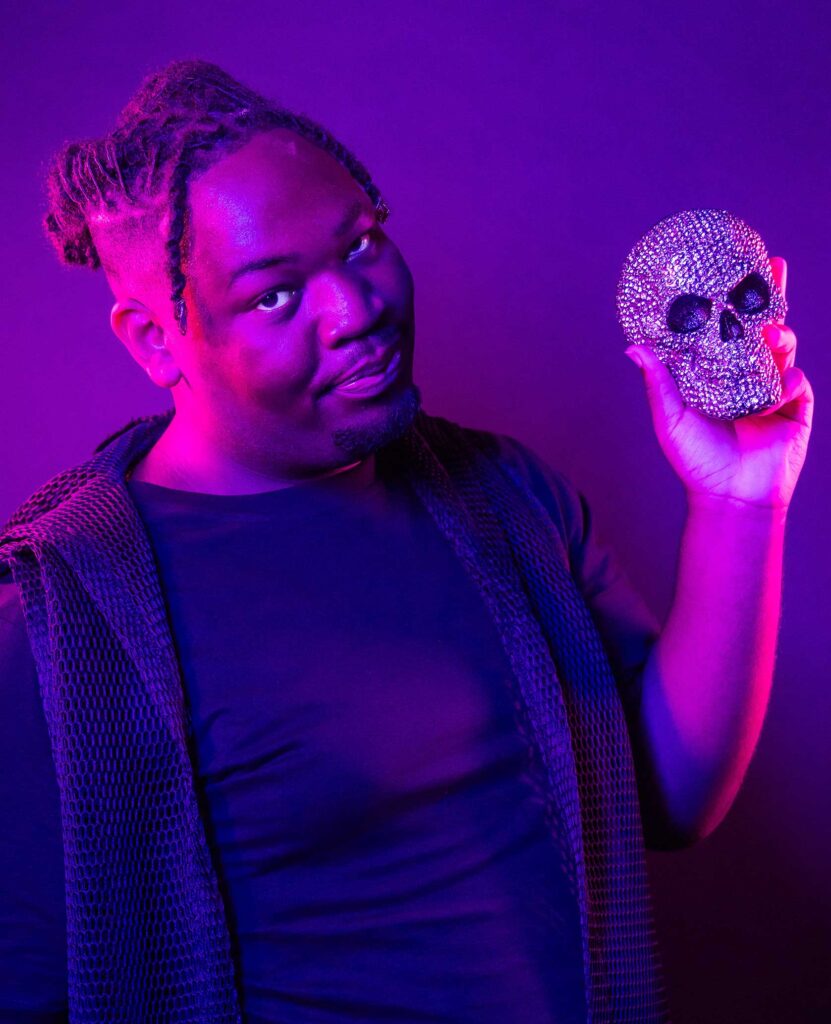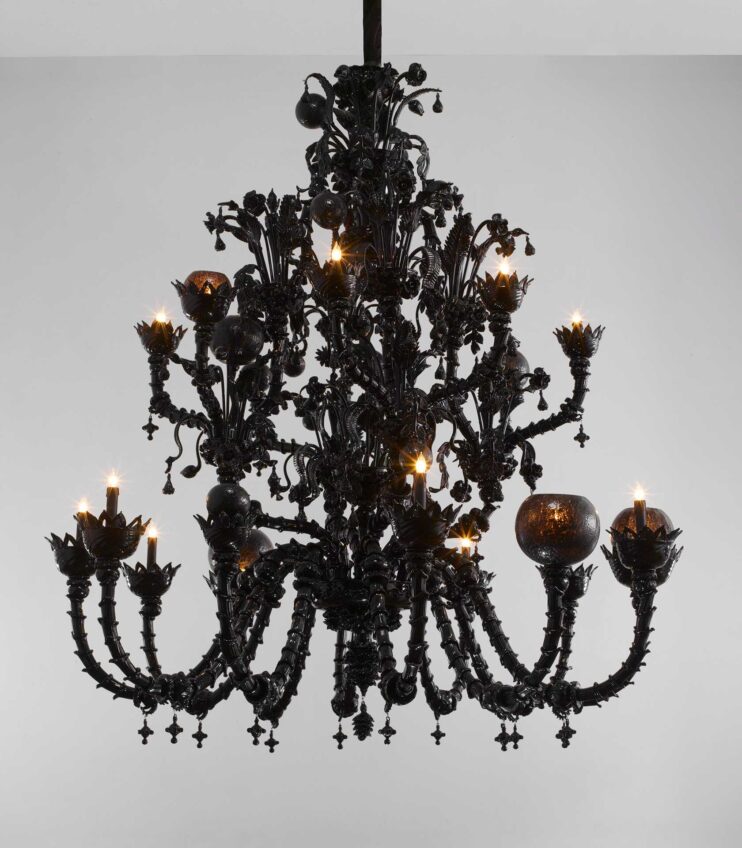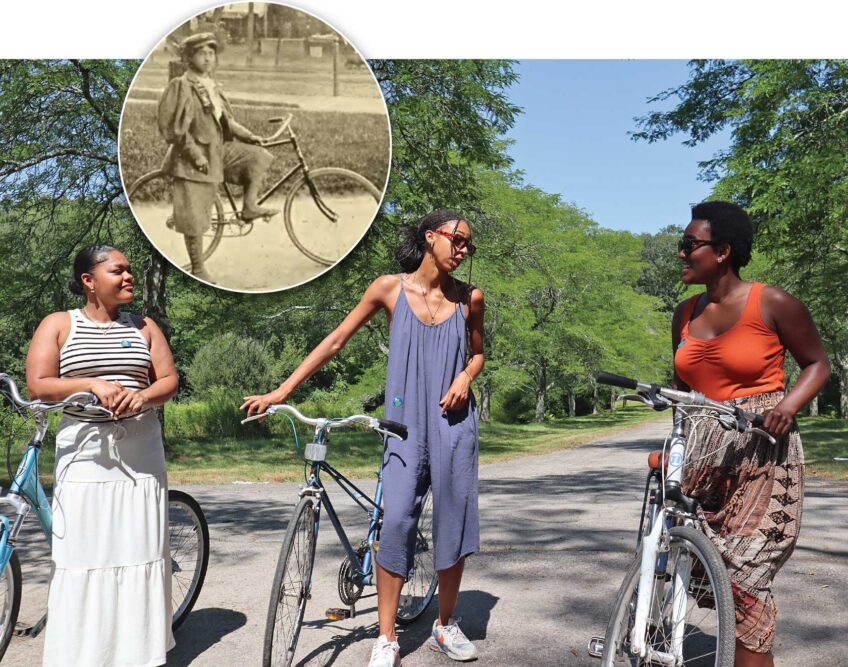
Shakespeare’s famous tragedy, “Hamlet,” has inspired some memorable adaptations (“The Lion King,” anyone?), but “Fat Ham,” opening at The Huntington this month in association with Alliance Theatre and Front Porch Arts Collective, is unlike any audiences have seen before. African American playwright James Ijames takes on the classic tale with a Black queer lens and sets it at a cookout.
“This is the beginning of our rigorous exploration of the classics — powerful stories that continue to speak to us — as re-dreamt for our time,” says Huntington Artistic Director Loretta Greco. “In Ijames’ deft hands, this exploration of masculinity, queerness and familial acceptance boasts muscular language, emotional truth and the wildly entertaining foibles of family.”
In the Pulitzer Prize-winning drama, running at The Huntington Sept. 22-Oct. 29, Juicy (the new Hamlet) is confronted by his father’s ghost during a cookout. His father demands revenge, but Juicy seeks to break the cycle of trauma and violence instead.
Actor Amar Atkins says the character Larry, the play’s contemporary answer to Laertes, struck him from the moment he first saw “Fat Ham.” Now he embodies the character on The Huntington stage. True to the original story, Larry is a military man returning home to see his family and his friend Juicy. But where Laertes was primarily defined by his relationships to other characters in the play, Larry has personal challenges (no spoilers here) that chart him his own course in “Fat Ham.”
The performance is significant for its exploration of queerness, but also for its all-Black cast. Atkins says, “There’s something very beautifully powerful about a collective of Black artists coming together to tell a classical story in such a way that is so close to home and so close to the South and what that also means being Black.”
Atkins felt an immediate connection with the show because of the many parallels in his own life, he says. He, too, was raised in the South, grew up in the church with an African father and struggled to reconcile with his queerness. In addition to showcasing alternative, multifaceted sides of the character in “Hamlet,” the show explores the challenges, acceptance and liberation of queerness, the cycle of toxic masculinity and the pursuit of selfhood.
“Juicy is so queer and beautifully soft,” says Atkins. “The way that he relates to toxic masculinity and that father-son dynamic is multi-layered, and it has a depth to it in such a different and very specific way, compared to how it is normally perceived and seen through the original telling of ‘Hamlet.’”
One marked difference from the original show is that “Fat Ham” is a comedy. Important themes are probed in the show, but with a humorous hand.
“I am very excited for ‘Fat Ham’ to meet the audiences in Boston,” says playwright Ijames. “The play has a powerful message of transformation, radical acceptance and joy. This show is for anyone looking for a space of liberation and beauty.”









